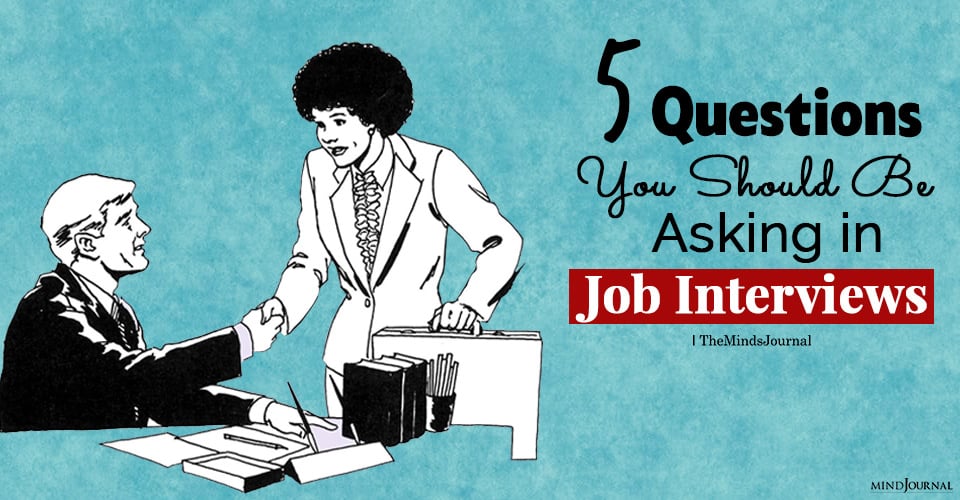Preparing yourself for your upcoming job-interview? Feeling nervous? Do you know what you should be exploring when in a job interview?
KEY POINTS In an interview, try to ask as many questions as you are asked. It’s important to ask about the history of the role you are applying for and how it may change or grow in the future. Workplace culture and management style are among other key topics to explore.
Almost every time we go into a job interview, we are worried about how to present ourselves and how we will answer questions. We often forget that a job is a two-way contract between you and the employer. Therefore, we should try and ask as many questions as they ask us.
So when given the opportunity to ask questions yourself, here are my top five suggestions and why they are important.
1. Is this a new role?
If yes, why was it created? If not, what happened to the previous incumbent?
You want to know if you are following the footsteps of a “rockstar” and that standard has been set at an unrealistic level for a new employee. Alternatively, if the previous incumbent was fired, understanding what “nonsuccess” was will help you see where you can improve. If the role is new, understanding the strategy of why it was created or the mandate of what the role is to achieve will help you frame whether your skillsets are aligned.
Read 28 Fun Questions to Ask a Guy That He’ll Love
2. What does a successful incumbent look like for you?
Similar to the interview questions above, you want to know what the standards are for the role. If the leader provides a vague answer, they may not know what they want and you won’t get strong feedback on how to grow. The answer will outline how achievable you think their expectations are. You will also get a sense of how they like to work with their employees if they only talk about achievements rather than the process (e.g., “collaborate together”).
3. How do you see this job role expanding or growing?
You want to know that if this job role grows into being the ‘technical expert’ that stays at this level or whether it grows into upward leadership mobility. Compare that to what your own career aspirations are. You also want to examine whether the leader is thinking about individual long-term development in their plans for their employees, rather than treating development as a check-the-box or side-of-desk task.
Read 10 Self-Growth Questions You Should Ask Yourself Every Day
4. What is the workplace culture like?
This question will help you see if the leader even understands what the culture actually is. Asking this will question will also help you see whether they hint at a “work hard, play hard” or “flexible” culture to get a sense of what workloads will be like. It’s super important to know which type of culture you prefer because if you are not a “work hard, play hard” person, that type of environment will be very stressful.
Read 10 Questions To Know If You Should Support Your Leader Or Manager
5. What is your leadership style?
This question will tell you whether they are a manager versus a leader. A manager will just delegate the work and allocates resources, versus a leader who aims to inspire the team toward a strategy. This question will stump someone who hasn’t worked a lot on their own leadership development. If they have dedicated the time to work on their leadership skills, they typically know what type of leadership philosophy they have or at least the style they prefer to take.
Please share this article with anyone who you may think will find it valuable and helpful.
Written by: Lauren Florko Originally appeared on: Psychology Today Republished with permission.










Leave a Reply